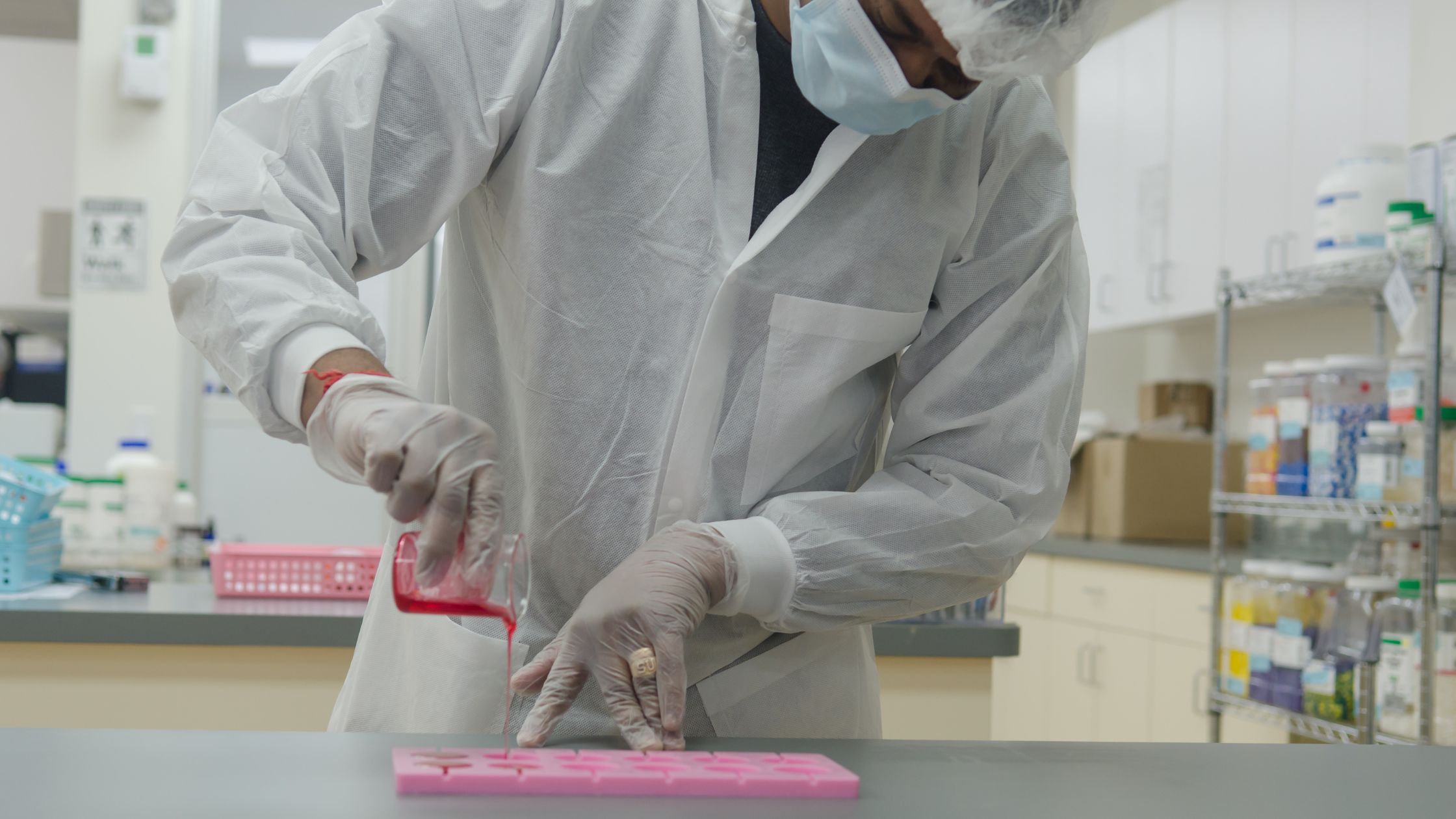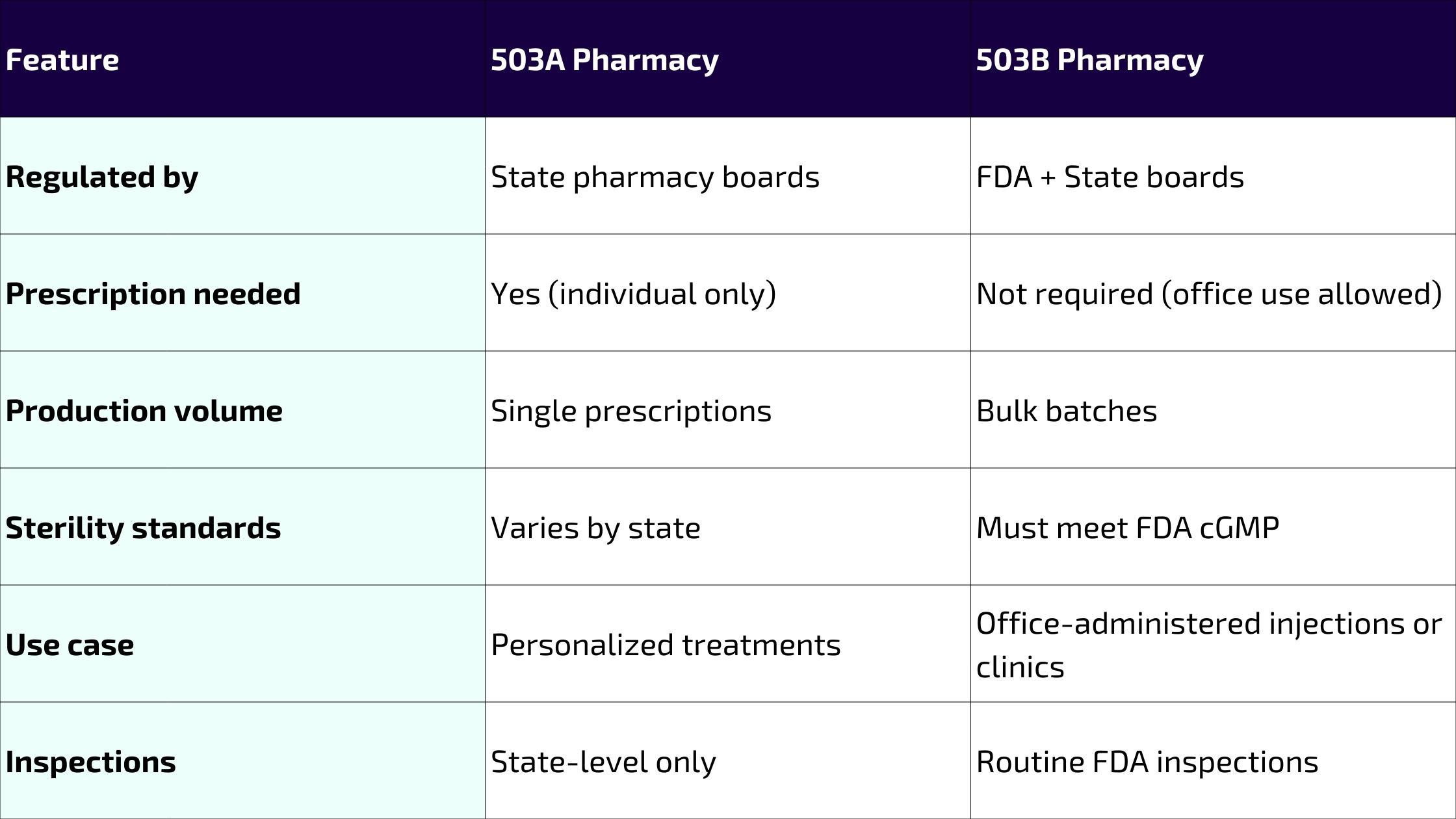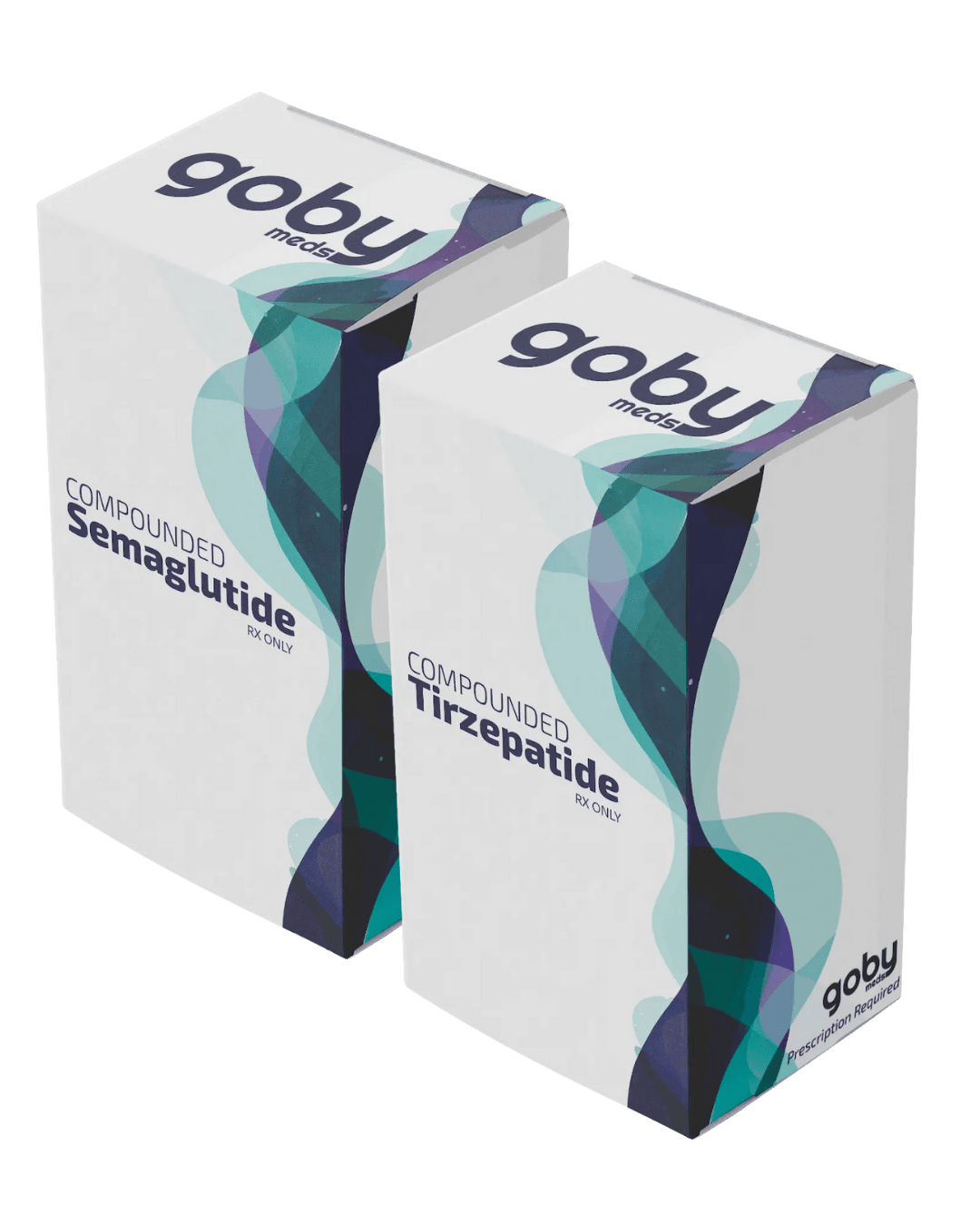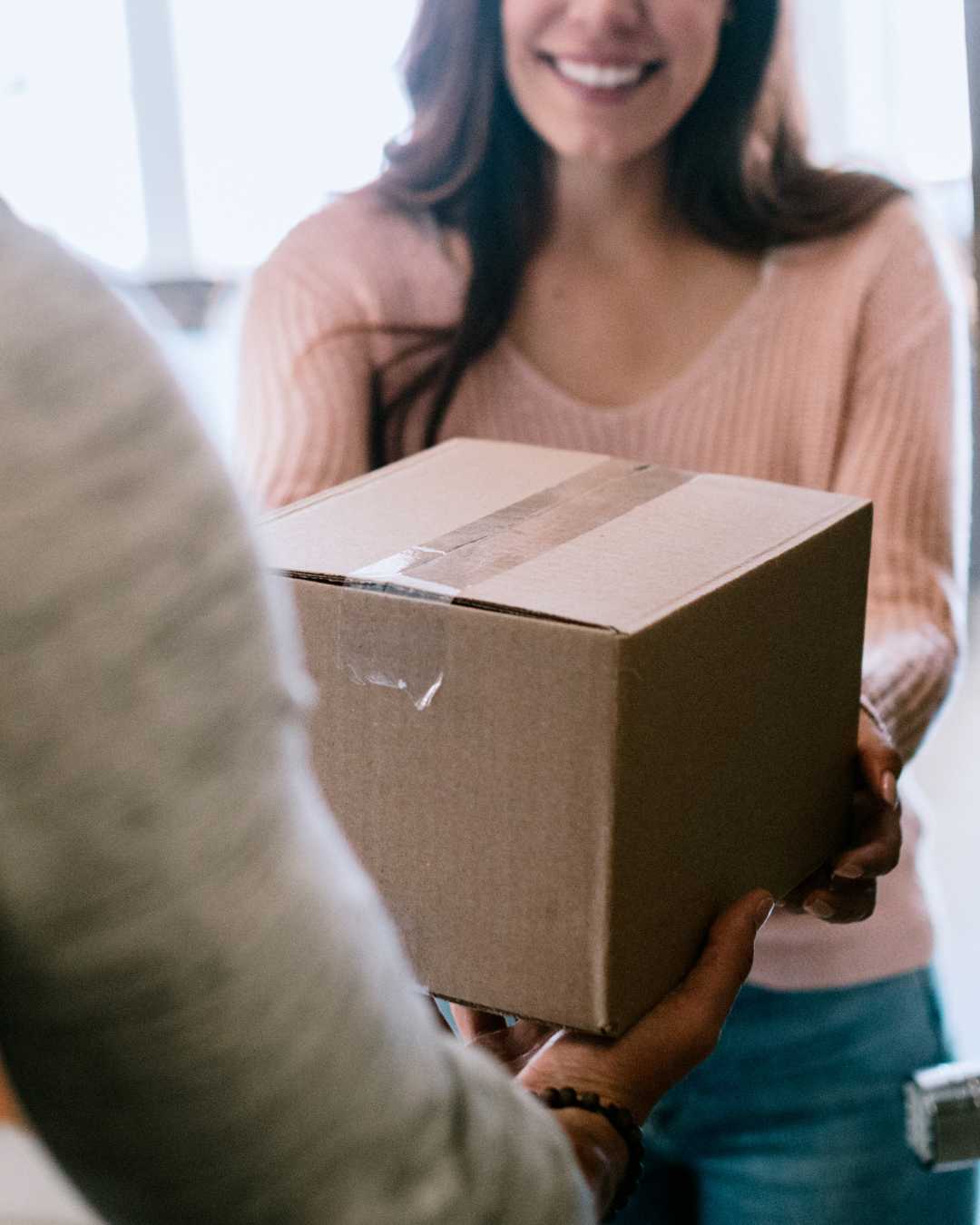503A vs. 503B Pharmacies: What’s the Difference and Why Should You Care?
If you’ve ever received a compounded medication—or are considering one—you might have come across the terms “503A” and “503B” pharmacies. While they sound technical, understanding the difference can help you feel more confident about where your medication is coming from, how it’s made, and how it’s regulated.
Whether you're seeking personalized care, safety, or consistency in your treatment, knowing the role of 503A and 503B pharmacies can help you make informed decisions with your provider.
What Are Compounding Pharmacies?
Compounding pharmacies create custom medications when commercially available drugs aren’t the right fit. This can include adjusting a dose, removing allergens, combining ingredients, or offering alternative delivery methods like lozenges or injections.
At GobyMeds, all compounded medications—whether semaglutide, tirzepatide, or therapeutic peptides—are made in partnership with licensed 503A or 503B pharmacies. But what do those numbers actually mean?

What Is a 503A Pharmacy?
503A pharmacies are traditional, patient-specific compounding pharmacies. They’re typically local or regional operations that create medications tailored to an individual based on a valid prescription.
Key characteristics of 503A pharmacies:
- Prescription required: They can only make a medication for a specific individual after receiving a prescription.
- State-regulated: Oversight is handled by state pharmacy boards.
- Highly customizable: Ideal for unique patient needs like adjusting dosage strength, avoiding allergens, or tailoring formulations.
📌 Example: If your provider prescribes a unique dose of compounded semaglutide with a vitamin additive, it may be made at a 503A pharmacy based on your personal needs.
What Is a 503B Pharmacy?
503B pharmacies, also known as outsourcing facilities, were created under Section 503B of the Drug Quality and Security Act (DQSA) in 2013. They are federally regulated and designed to produce compounded medications in larger quantities, often for use in clinics, offices, or hospitals.
Key characteristics of 503B pharmacies:
- FDA oversight: Unlike 503A pharmacies, 503B facilities are inspected and registered with the FDA.
- Good Manufacturing Practices (cGMP): They must follow similar manufacturing standards as pharmaceutical companies.
- Bulk production allowed: Can prepare medications in advance without a prescription for individual patients (e.g., for office use).
📌 Example: If a clinic orders pre-filled syringes of compounded tirzepatide for in-office injection, those would typically come from a 503B facility.
Why Does It Matter?
While both types of pharmacies produce compounded medications, the difference lies in scale, regulation, and purpose.

Both types of pharmacies are essential to the compounding ecosystem, but 503B facilities are typically used for medications that require higher sterility and standardization - especially injectables.
Are Medications from 503A and 503B Pharmacies Safe?
Yes—when sourced from reputable, licensed providers.
At GobyMeds, we only work with licensed, LegitScript-certified 503A and 503B pharmacies that meet strict quality standards. While compounded medications are not FDA-approved, the pharmacies that make them must follow all relevant regulatory guidelines to ensure quality and safety.
As a patient, your compounded semaglutide or tirzepatide:
- Requires a prescription
- Is prepared based on your provider’s instructions
- Comes from a licensed facility with documented safety protocols
Your safety is our top priority—and our partnerships reflect that.
The Takeaway
503A and 503B pharmacies both serve important roles in personalized medicine. Whether your prescription is filled for individual use or produced in a sterile batch for clinical delivery, what matters most is that your medication comes from a licensed, reputable source under medical supervision.
Still have questions about how your compounded medication is made - or where it comes from? Our team at GobyMeds is here to help guide you every step of the way.





.svg)